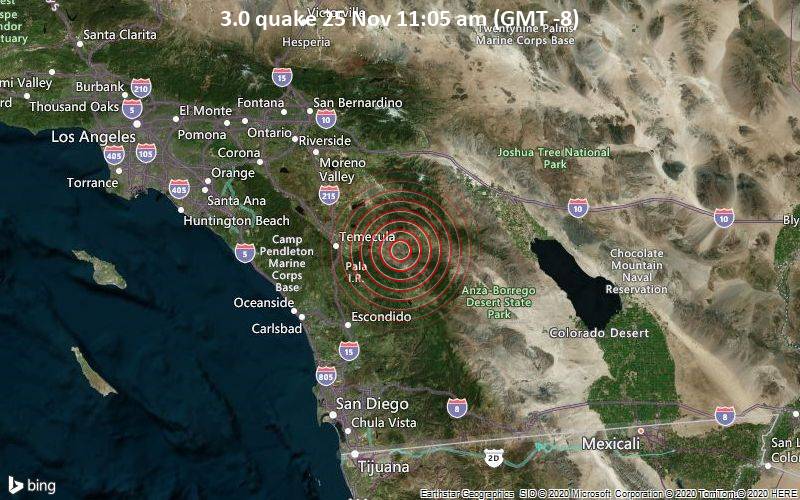
“We overdid it in terms of not scaring people,” Mr. Several years ago, the earthquake authority ran ads showing happy Californians enjoying the beach or walking through a Sierra forest, with an upbeat narrator suggesting that viewers consider earthquake insurance because “California rocks.” Glenn Pomeroy, chief executive of the California Earthquake Authority, attributes the uptick partly to the public seeing reports about disasters like the Northern California wildfires last October, as well as Hurricane Harvey and earthquakes in Mexico. Last year, the share of California households with earthquake insurance rose to 13 percent, from 11 percent the previous year. “How many hundreds of billions of dollars is that in potential uninsured losses? it’s astounding when you think of it.” “In the Bay Area, 90 percent of the properties are not insured,” he said. In the case of a large earthquake would the state or federal government come to the rescue? Jones, the insurance commissioner, describes the low uptake of insurance as “a chronic problem of denial and underestimation of the risk.” But its earthquake policies are expensive, and awareness remains low among California residents, experts say. The seismic lull in California since Northridge has helped the authority accumulate $15 billion in available funds for an eventual payout.

Shocked by the nearly $17 billion in payouts they made in that earthquake, insurance companies balked at offering further earthquake policies, forcing the state to step in and establish the earthquake authority.

The main source of earthquake insurance in California is a nonprofit, publicly managed organization known as the California Earthquake Authority, founded two decades ago in the wake of the Northridge earthquake. “I still have earthquake insurance because, well, you never know.”ĬoreLogic, a real estate research company, estimated that a 7.3 magnitude earthquake along the Puente Hills Fault in Los Angeles would cause economic losses of as much as $450 billion, more than twice as much as the damage caused by Hurricane Katrina, the costliest United States natural disaster to date.

“Lots of people around here took a real financial hit and couldn’t afford to fix up their houses, so they sold them and moved away,” Ms. One house burned to the ground because of a gas fire.
#Problems with california earth quake insurance full#
The insurance payout he received was not enough to rebuild the house, so with the help of a federal loan, he moved and built elsewhere.Ĭindy Watter remembers the Napa earthquake of 2014 sounding like “a runaway train full of howling beasts was outside my back door.” Her two-story Victorian home, built in 1895, had relatively light damage, but her neighbors were not as lucky. Bookshelves crashed to the floor, and the china in the kitchen spilled out of closets. Those who have lived through major earthquakes recount how damaging they can be, even to ordinary wood-structure homes, which are considered among the safest.Īrt Polan and his wife were still sleeping when the Northridge earthquake struck their two-story home in 1994. And with one-fifth of America’s $10 trillion in mortgage debt held in California, Fannie Mae or Freddie Mac, the government mortgage finance giants that guarantee much of America’s mortgage debt, are also exposed to the risk, economists say. Economists say a large earthquake could have serious repercussions for local California banks. With the median price of a home in California now above $500,000, estimates of the potential uncovered losses in an earthquake run into the hundreds of billions of dollars. Some companies are self-insured, he said, but many find earthquake insurance too expensive. “Most new buildings are not buying it all,” said Justin Dove, the area vice president in San Francisco for Arthur J. And fewer than one out of 10 commercial buildings, which include everything from low-rise office buildings to the high-rise office towers of Los Angeles and San Francisco, are insured for earthquakes, according to the California Department of Insurance. “From an insurance perspective, Californians are simply not prepared.”ĭespite an aggressive advertising campaign by the state to promote earthquake insurance, only 13 percent of homeowners have it. Jones, who has been commissioner for the past eight years. “I go to sleep praying that there’s not going to be an earthquake the next day in California,” said Mr. But that’s not what keeps him up at night.

SAN FRANCISCO - The ravages of wildfires in California have kept Dave Jones, the state’s insurance commissioner, very busy over the past year.


 0 kommentar(er)
0 kommentar(er)
